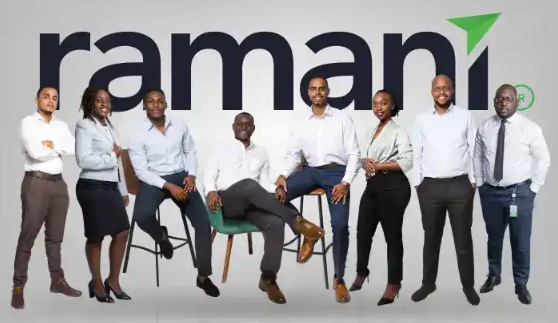Ramani raised $32 million series A to digitize Tanzania’s supply chain, which is constructing a cloud network of micro-distribution centers for Africa’s US$1 trillion consumer packaged products supply chain, which has now come to an end.
Tanzania is not thought of as a typical location for VC-backed entrepreneurs to originate or run their enterprises because Kenya has long held a monopoly on technological innovation in the East African region. The nation is better known for its hospitality and tourism than for its technological innovation. But that is altering.
The establishment of Silicon Zanzibar was announced in August by the governments of Zanzibar and Wasoko, which the Financial Times ranked as Africa’s fastest-growing business.
Through generous incentives, the alliance aimed to draw digital firms to the island and promote Tanzania as a hub for technological innovation. It seems its partnership has paid off as it makes way for Ramani.
Read also: Appzone Group Carves Out new company to Digitize African Banks
The Y Combinator (W20) backed startup was co-founded in 2019 by Martin Kibet (COO), brothers Iain Usiri (CEO), and Calvin Usiri (CTO), and offers point of sale software, procurement systems, and inventory management systems to its network of micro-distribution centers (MDCs). These systems help the MDCs manage their inventory and operations more effectively.
To help micro-distribution centers (MDCs) overcome these obstacles, the startup offers tech-enabled inventory management systems, procurement, and point-of-sale software.
By digitizing these processes, MDCs can gain real-time sales insights and inventory visibility. Ramani may then use this information to offer goods with postponed payment conditions, allowing them to grow.
Ramani’s Intention To Expand
Usiri claims that the Ramani also intends to expand across the continent and that there are also plans to develop a cloud network that will serve as an additional revenue stream.“We have liabilities in dollars, and so we need countries with conducive macroeconomic environments that allow us to operate and also pay those debt liabilities profitably,” he stated
These expansion plans, however, will be postponed until the startup’s Series B financing.“The exceptional macroeconomic environment in Tanzania has convinced us to focus here for the next 12 to 18 months and build a strong base until we hit our Series B milestone.
Then when we’re scaling across Africa, the macroeconomic factors are what’s going to be the main one of top indicators for where we go next,” Usiri added.
Andrew Vigneault, general partner and co-founder of Flexcap Ventures, spoke on the fundraising, saying“The CPG industry in Africa is being systematically transformed by Ramani’s huge ambition for a vastly improved and more efficient supply chain. It has been a pleasure to witness Ramani’s success and traction so far and we are certain the company will continue to achieve market-leading growth, fueled by a strong leadership team with exceptional technical expertise.”
African Ecommerce Giant, Jumia, To Reduce Staff And Product Offerings
About Ramani
Ramani, a startup founded in 2019, aims to unify fragmented supply chains for consumer goods, which are frequently plagued by poor data visibility and restricted access to financial services.
Ramani offers tech-enabled procurement, point-of-sale, and inventory management systems to MDCs to assist them in digitizing their processes and obtaining real-time sales analytics and inventory visibility.
Ramani may then use this information to offer goods with postponed payment conditions, allowing them to grow. Last year, the company obtained a lending license from Tanzania’s Central Bank to expand its customer base.
MDCs in Ramani’s network that subscribed and used the platform’s various functions, like real-time inventory tracking, were able to increase their revenues by at least 20%.
Through the planned microcredit vertical, qualifying retailers will have access to credit lines with no interest to facilitate better cash flow management. Ramani also intends to develop opportunities for Africans to invest in the business and generate passive income from the trillion-dollar CPG market.
As part of Silicon Zanzibar, a public-private initiative to draw tech firms and employees from all over Africa and beyond to the island of Zanzibar, Ramani joins other businesses like Wasoko, Tushop, and Pando DAO.














